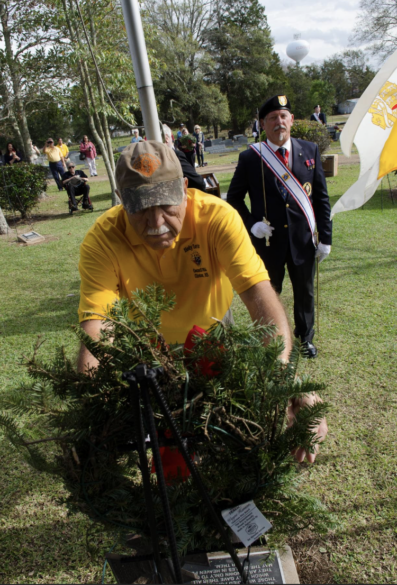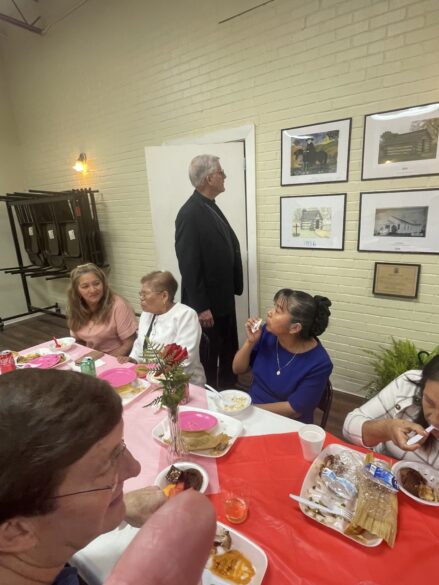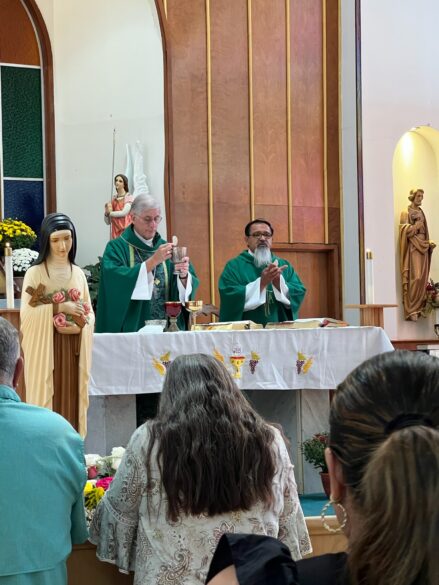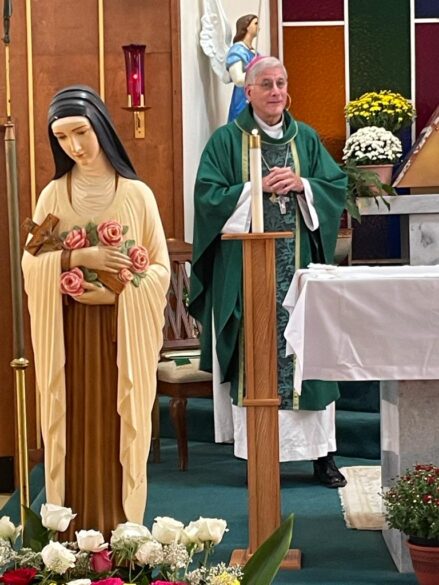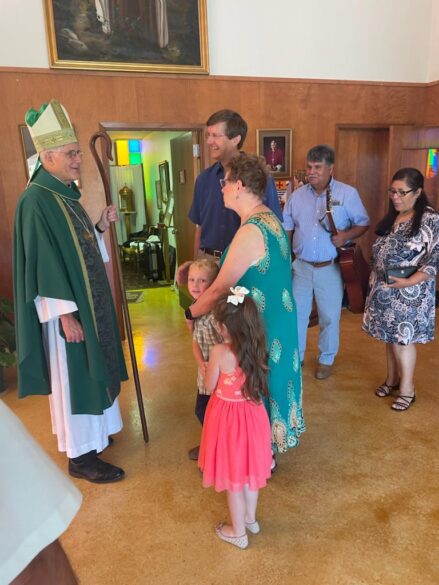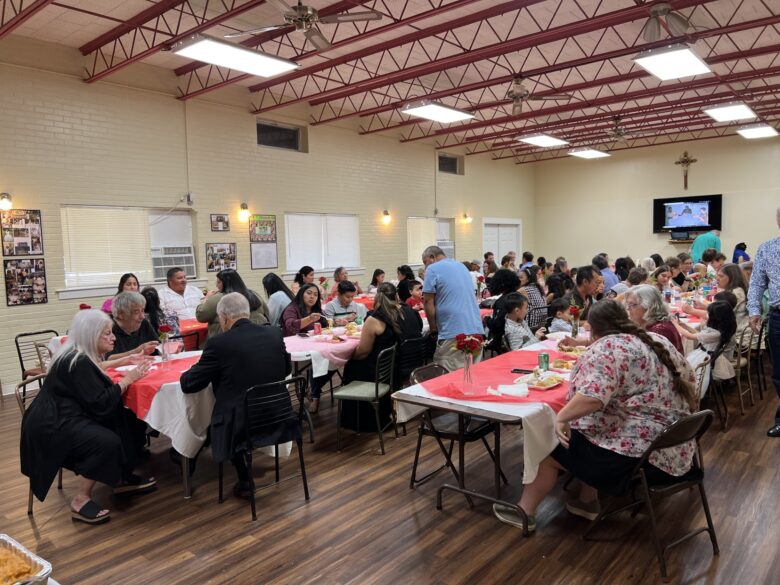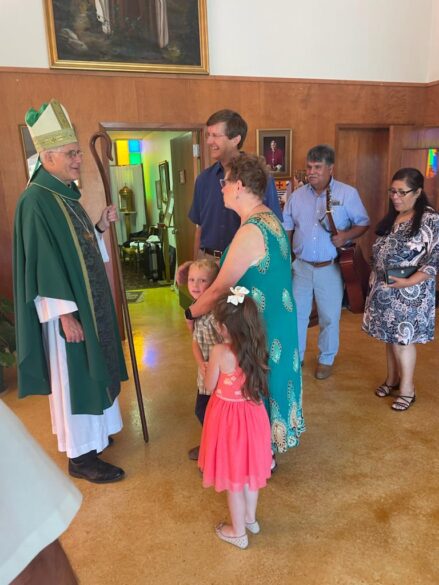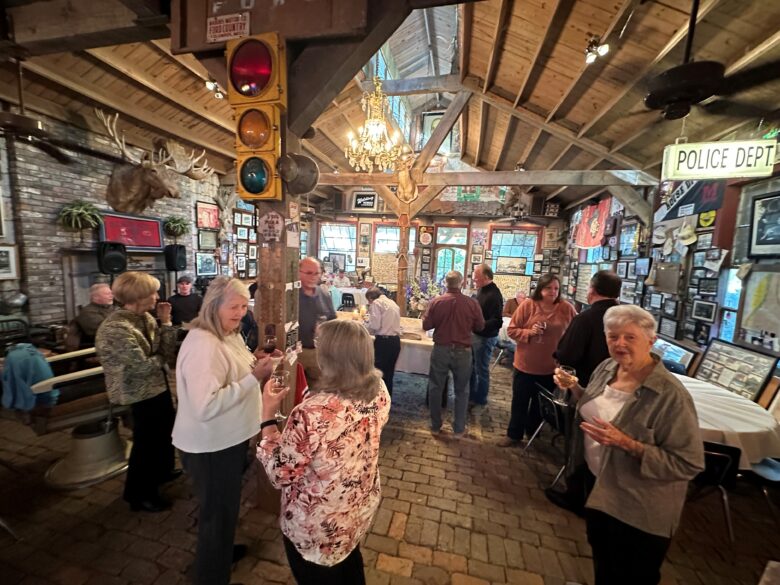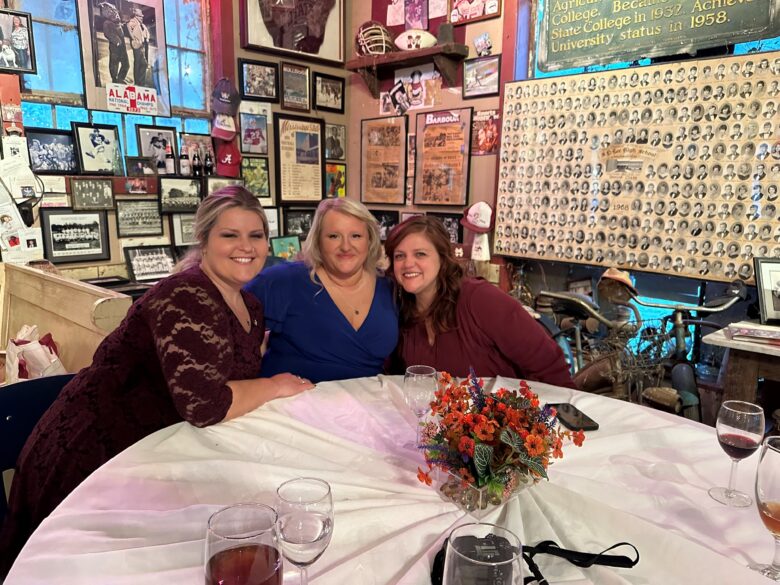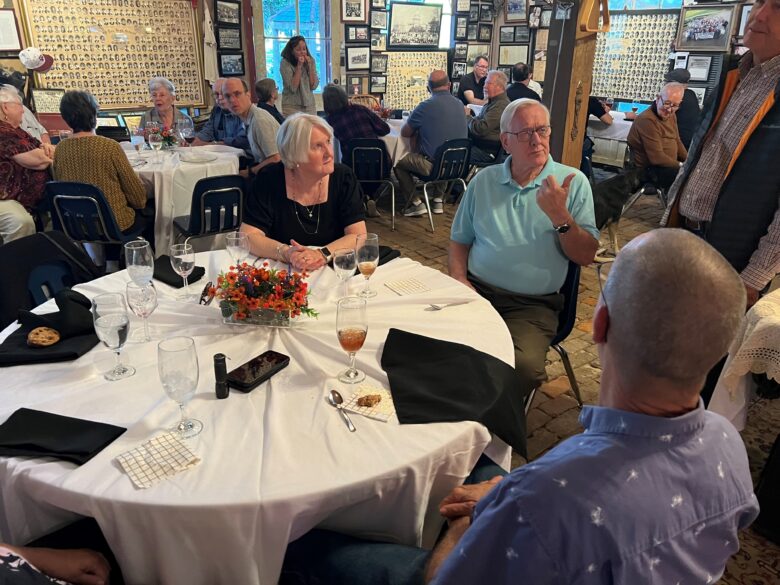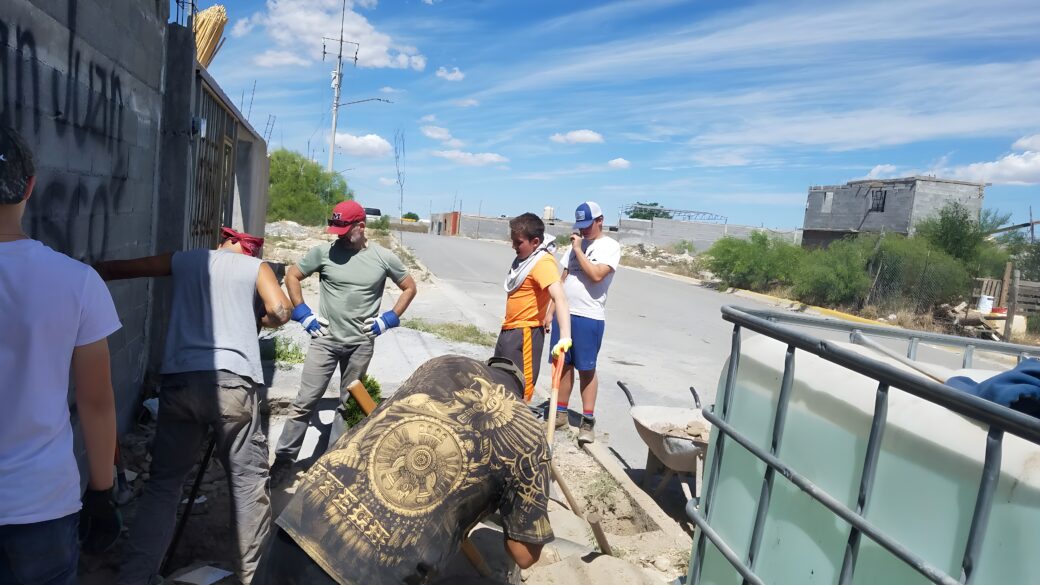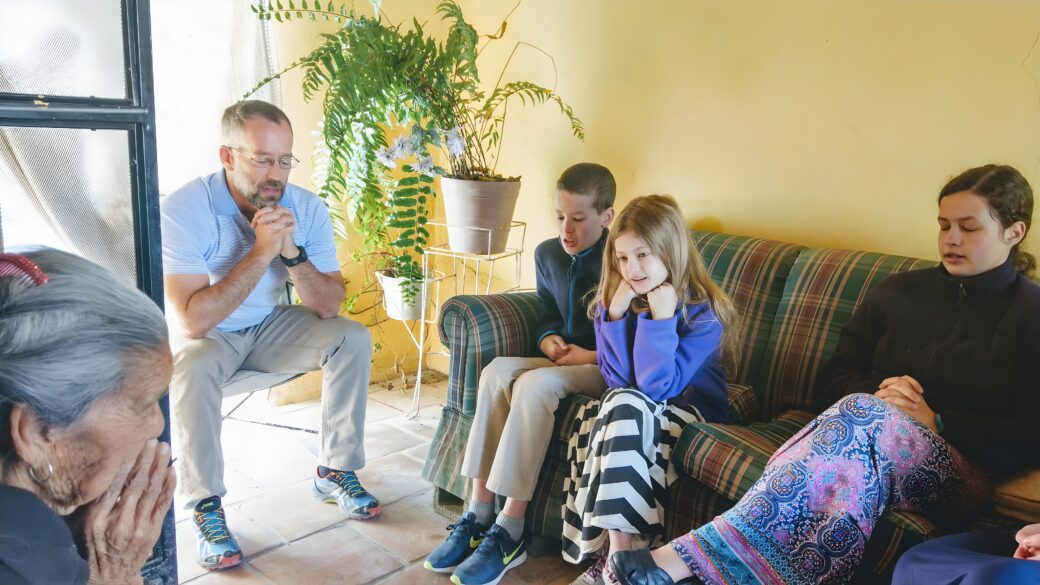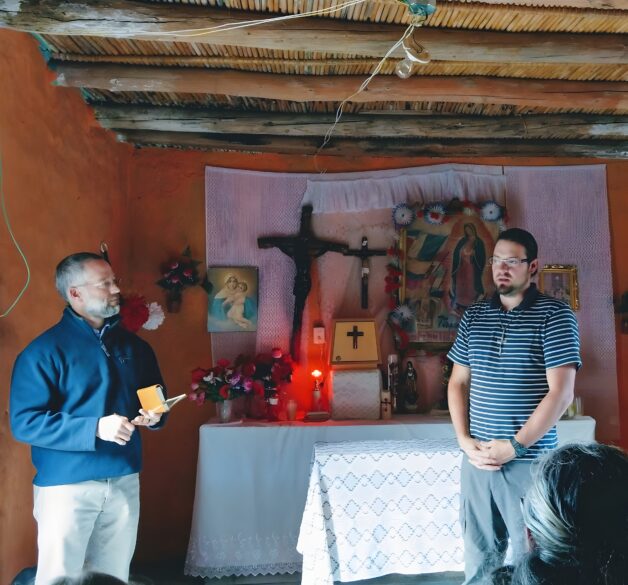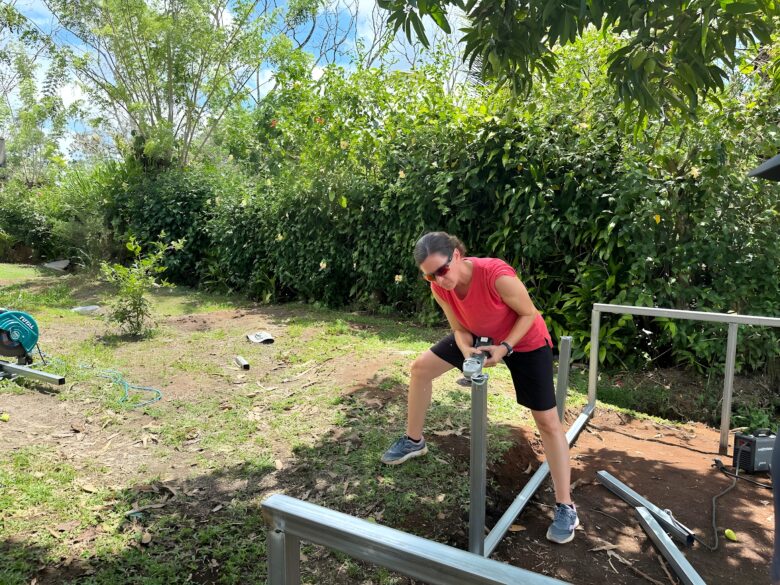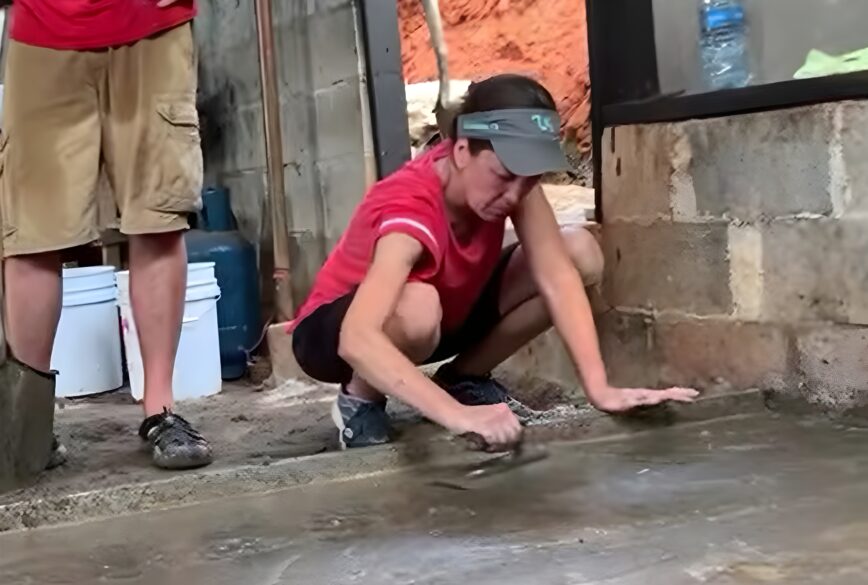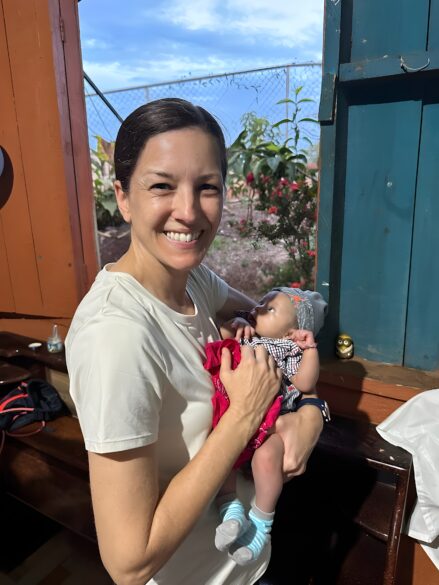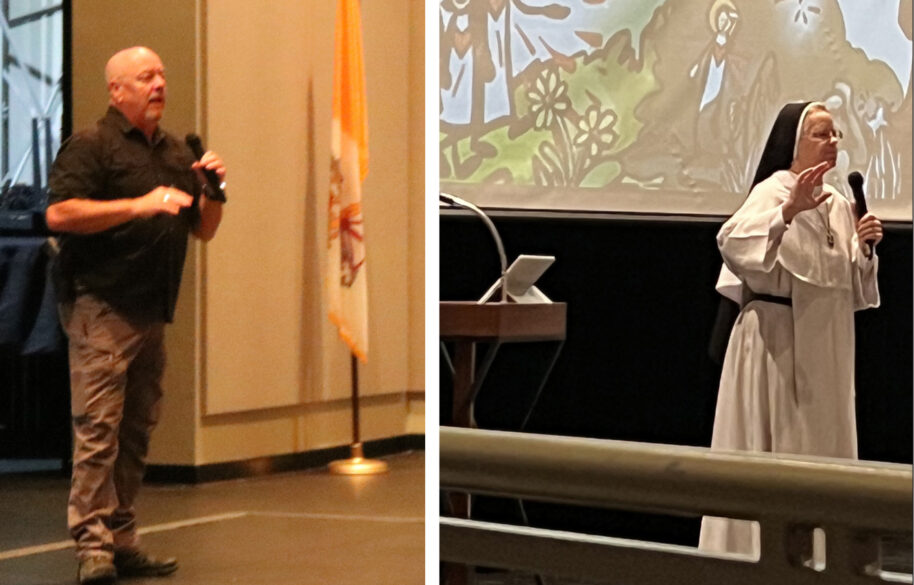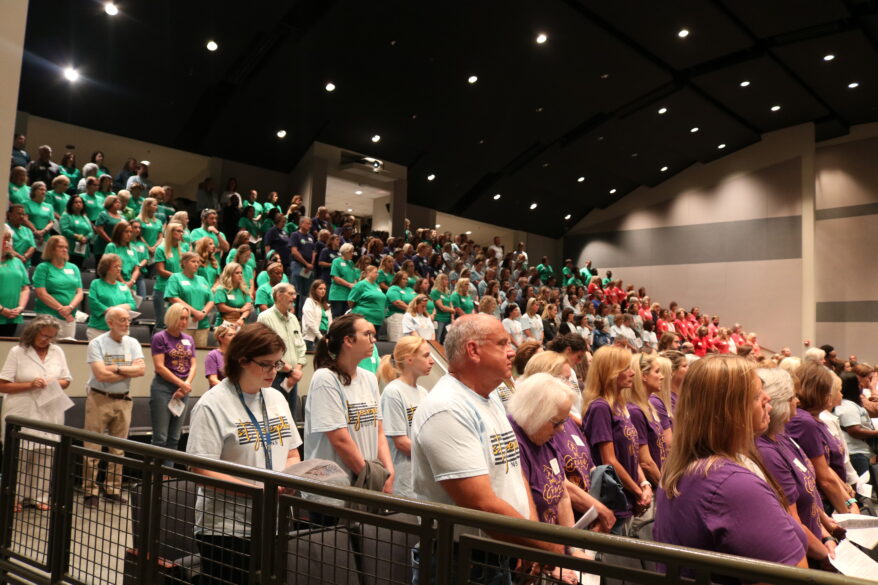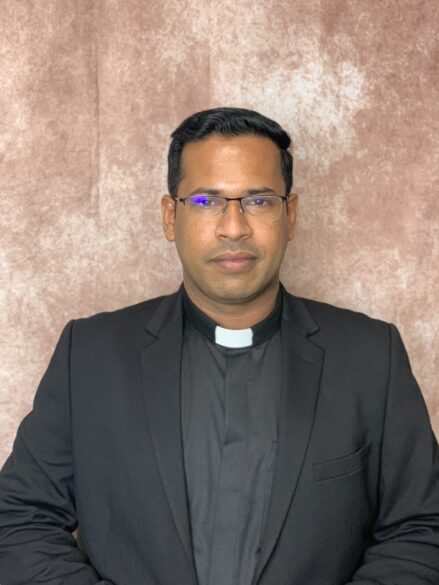COLUMBUS – Annunciation, Fall Festival, Sunday, Oct. 29 from 4-6:30 p.m. on College Street in Downtown Columbus. We are joining with First Methodist Church and St. Paul’s Episcopal Church for a huge event. No pets, please. Enjoy trunk or treat, cake walk, games, crafts, door prizes, face painting, costume contest, hall of saints and food. Details: church office (662) 328-2927.
CLEVELAND – Our Lady of Victories, Halloween Carnival, Sunday, Oct. 29 following 5 p.m. Mass. Candy donations needed. Details: Natalie at (228) 861-7253.
FLOWOOD – St. Paul, Trunk or Treat, Saturday, Oct. 28 at 6:30 p.m. Sign up your trunk today! Help us bring the best and safest Halloween event to all. Details: church office (601) 992-9547.
GREENVILLE – St. Joseph School, Trunk or Treat, Tuesday, Oct. 24 at 6 p.m. in the St. Joseph Lourdes parking lot. Trunks are needed! Details: Olivia at (601) 906-3902.
GREENWOOD – Immaculate Heart of Mary, CYO Spaghetti Supper and Halloween Festival, Monday, Oct. 23. Spaghetti supper $15 – starts at 4:30 p.m. Dine in, carry out or drive-thru. Carnival on the green at 5:30 p.m. Bingo begins at 6 p.m. Cakes needed for cake walk. Details: church office (662) 453-3980.
HERNANDO – Holy Spirit, Trunk or Treat, Sunday, Oct. 29 in the parking lot from 3-5 p.m. Sign your trunk up today! Adult prizes for most creative trunk display. Event for ages up to fifth grade. Enjoy games, face painting and treats! Costume awards for children. Details: Kim at (662) 719-4116.
HOLLY SPRINGS – St. Joseph, Harvest Festival, Sunday, Oct. 22 at 3 p.m. Youth led Mass and fun! Join us for an afternoon of fun, games, music, dancing, food and fellowship as we celebrate being Catholic. Details: church office (662) 252-3138.
JACKSON – St. Richard School, Cardinal Fest, Sunday, Oct. 22 from 11:30 a.m. to 2:30 p.m. Purchase a $20 wristband for all the fun! Includes food, games, entertainment and one cake walk ticket. Details: school office (601) 366-1157.
MADISON – St. Francis of Assisi, Knights of Columbus Trunk or Treat event, Oct. 25 from 6:30-8:30 p.m. in the parking lot in front of St. Thomas. Join us for food, fun and fellowship! Prizes awarded for best decorated trunk, best costumes for kids and adults and best decorated pumpkin. Details: church office (601) 856-5556.
St. Joseph School, Trunk or Treat on Tuesday, Oct. 24 from 5-6:30 p.m. in the campus parking lot. Details: school office (601) 898-4800.
MERIDIAN – St. Patrick, Fall Festival, Friday, Oct. 27 from 6-8 p.m. at the Family Life Center. Games, costume contest, cake walk and more. Food and drink available for purchase. Volunteers needed, contact Kasey at (601) 692-6360. Details: church office (601) 693-1321.
NATCHEZ – St. Mary Basilica, Trunk or Treat, Monday, Oct. 30 at 6 p.m. in the parking lot at the corner of S. Union and State Streets. Details: church office (601) 445-5616.
NEW ALBANY – St. Francis of Assisi, Trunk or Treat from 5-7 p.m. on Tuesday, Oct. 31. Best dressed Saint wins a special gift. Details: church office (662) 534-4654.
OLIVE BRANCH – Queen of Peace, Halloween Bash, Sunday, Oct. 29 beginning at 5 p.m. Enjoy games, food, trunk or treat and more. All are welcome! Details: church office (662) 895-5007.
PHILADELPHIA – Holy Rosary, Halloween Party, Sunday, Oct. 29 from 5-7:30 p.m. in the parish hall. Costume, mummy wrap and pumpkin carving contests. Also enjoy food, music and treat bags! Details: church office (601) 656-2880.
SOUTHAVEN – Christ the King, Halloween Bash, Tuesday, Oct. 31 from 6-8 p.m. for youth through fifth grade. Cost: One large bag of candy. Concessions available. Details: church office (662) 342-1073.
TUPELO – St. James, Fall Fest, Wednesday, Oct. 25 from 5-8 p.m. Enjoy trunk or treat, games, activities and food. Be sure to wear your saint costume. Details: church office (662) 842-4881.
St. James, High School Fall Lock-in, from Oct. 27 at 6:30 p.m. until Oct. 28 at 10 a.m. in the St. James gym. Cost: $40. Enjoy pizza, bon fire, pumpkin painting, movies, fellowship and more. Details: youth director (662) 871-6277.
VICKSBURG – Knights of Columbus Ladies Auxiliary, Trunk or Treat, Sunday, Oct. 29 at 5 p.m. at the Knights of Columbus Hall (310 Fisher Ferry Road). Details: call (601) 636-8372.
ADULT HALLOWEEN GATHERING
SOUTHAVEN – Christ the King, Cocktails & Cadavers, Saturday, Oct. 28 in the social hall. Doors open at 6:30 p.m. and party from 7-10 p.m. Join us for an adult Halloween fright night of dancing, food, fellowship and music by DJ Fernando. Tickets are $25 per person. BYOB. Costume and door prizes. Details: Loretta at (901) 634-8157 for tickets or more information.

